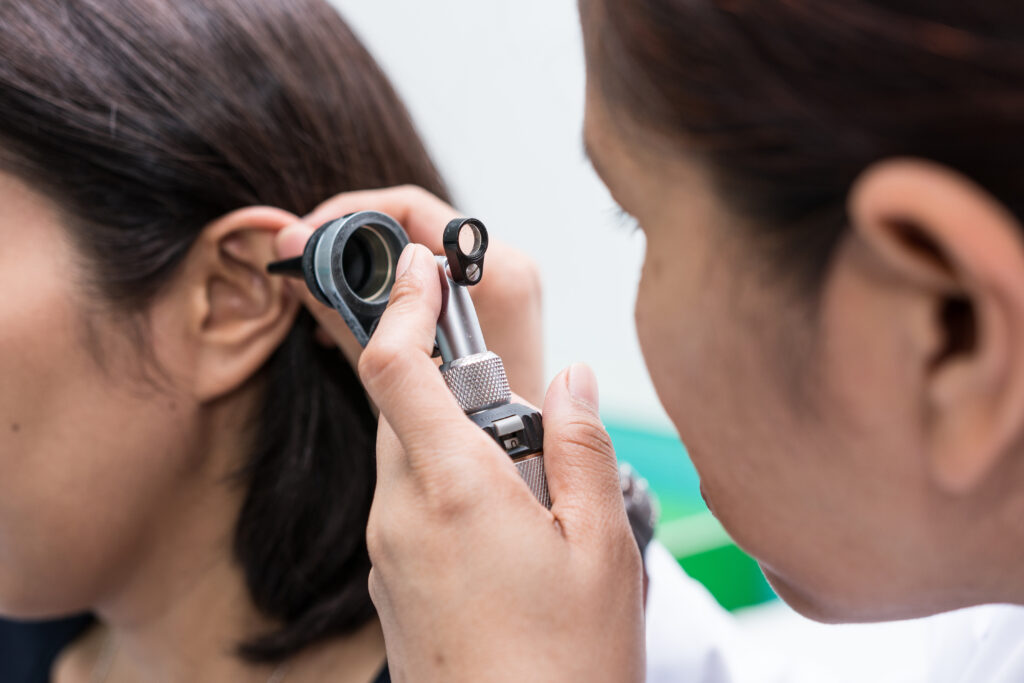OVERVIEW
Otolaryngologists treat and study some of the most prevalent and impactful conditions affecting patients. Our work focuses on critical issues such as hearing, voice, breathing, sleep, and cancer. The group has worked relentlessly to optimize patient-centered interventions for voice, enhance approaches to ear surgery, elucidate the impact of allergy on the unified airway, and advance the forefront of free-tissue transplantation. We are also proud to have faculty who have furthered our understanding of human papilloma virus in cancer, a key determinant of this disease. Our staff additionally studies the intricacies of immunotherapy for head and neck malignancies to provide the basis for novel treatments. Our surgeons have also developed augmented reality applications in skull base surgery, newly identified biomarkers for chronic rhinosinusitis, and ongoing insights into laryngopharyngeal reflux and swallowing disorders. We additionally employ innovative approaches to surgery for sleep disorders, ear and skull base problems, maxillary sinus disease, and cancer. In addition, we care for children and have numerous publications in pediatric disease. Our faculty have served in leadership roles in the development of national clinical practice guidelines and consensus statements for children and adults, and have chaired groups across multiple national professional organizations. These efforts have helped guide the care of millions of patients worldwide. We are also a division with genuine diversity, including a substantial proportion of faculty who are women and minorities.
Research
Our otolaryngologists’ research investigations and academic achievements are numerous and arise from a breadth of work in:
- Basic science laboratory work – studies of the molecular basis of disease and potential interventions
- Translational studies – work designed to bring the findings of the laboratory to clinical applications (bench to bedside)
- Clinical trials – careful assessments of interventions in comparison to placebos and other controls
- Observational studies – ongoing evaluations of how patients feel and function when studied treatments are applied in day–to–day practice
The Division of Otolaryngology at BWH also prizes education, and our faculty serve as hosts and mentors to residents, medical students, and other trainees from within Harvard Medical School, the United States, and beyond.

